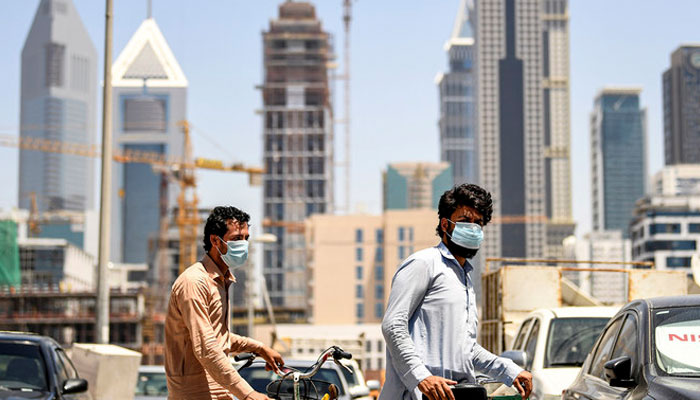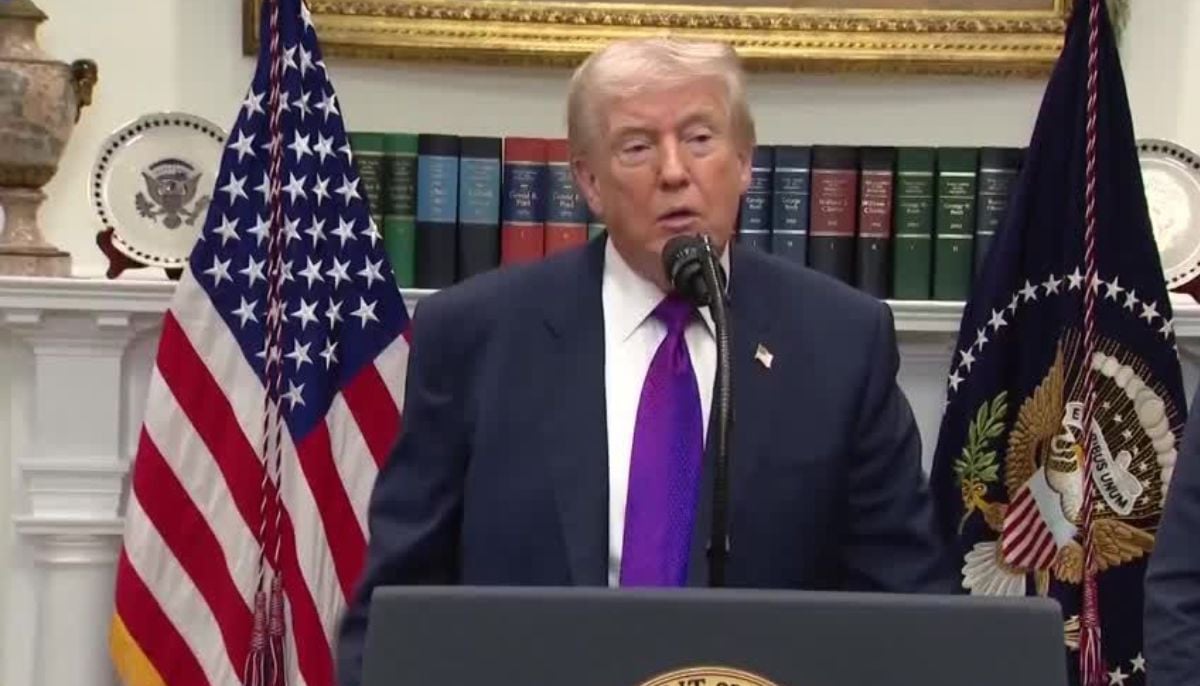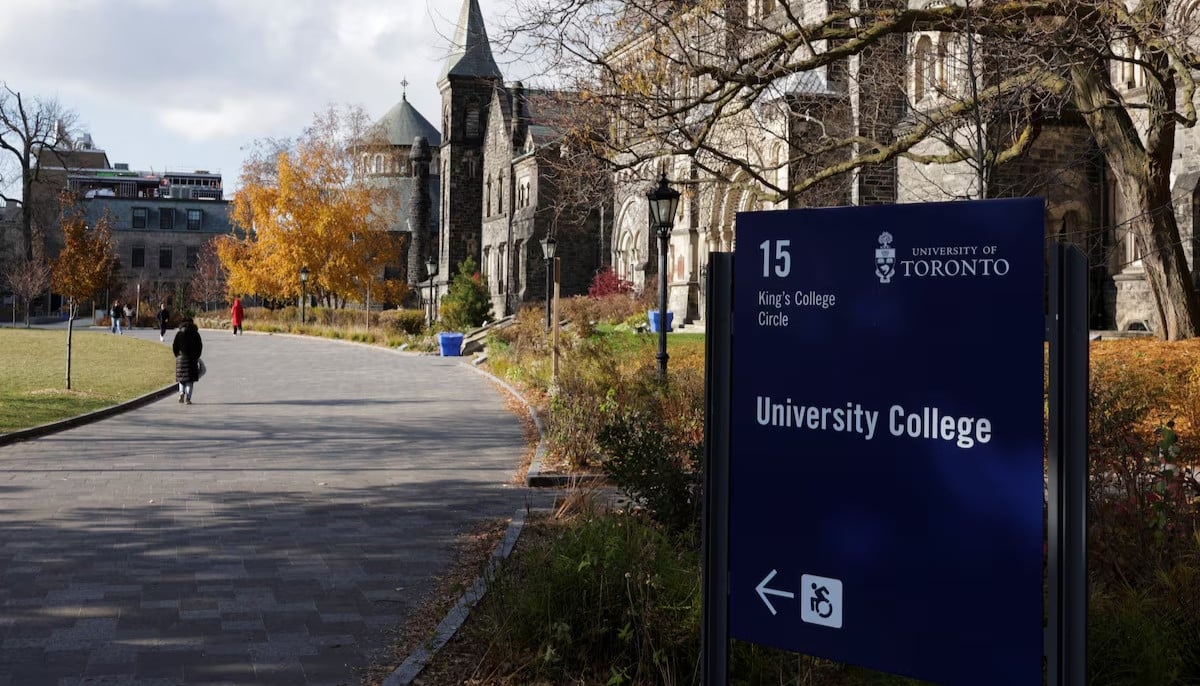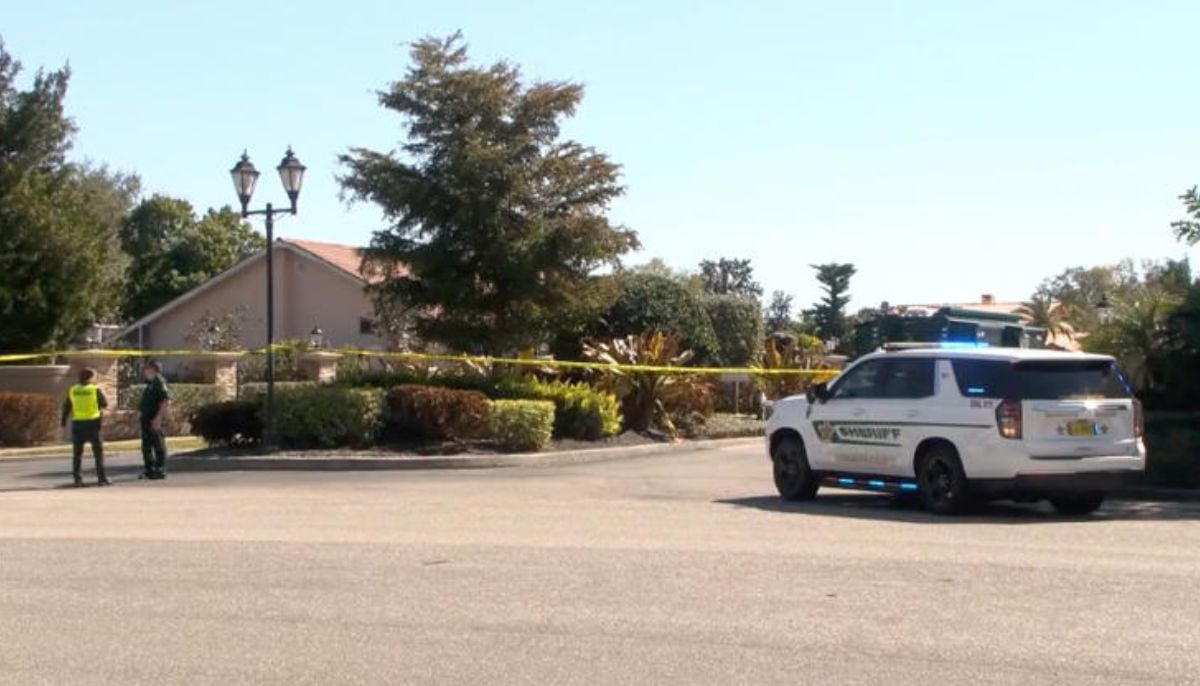UAE prohibits iftar parties among other restrictions in Ramadan
The disaster management authority also provides good news, saying that 52.46% of the people have been vaccinated
The United Arab Emirates has notified a ban on evening gatherings during Ramadan among other measures to be complied with as it combats the coronavirus pandemic.
In an announcement on Twitter, UAE's National Emergency Crisis and Disaster Management Authority (NCEMA) also provided some good news, saying that 52.46% of the country's population has been inoculated against the virus.
"We are working hard to succeed in providing the vaccine to 100% of our people," the NCEMA UAE added.
Ramadan curbs
The disaster management authority said that for the health and safety of society, it is advised that people "avoid evening gatherings during Ramadan, limit family visits, and avoid distributing and exchanging meals between homes and families".
It said that people living in the same household can share meals.
Other curbs announced are as follows:
- Family or institutional iftar tents, sharing meals in public places or distributing iftar meals in front of homes and mosques is not allowed. Those interested in doing so, must coordinate with charities, with donations & zakat done electronically.
- Restaurants are not allowed to distribute iftar meals inside or in front of the restaurant. Food may only be delivered to labour housing complexes via direct coordination with the management of labour housing.
- Tarawih prayers will be held in strict compliance with COVID-19 precautionary measures.
- Iftar meals are not allowed inside mosques, and the duration of the Isha and Tarawih prayers will be limited to a maximum of 30 minutes.
- Mosques will be closed immediately after the prayer. The women's prayer areas, other facilities, and area on external roads set for praying will remain closed.
- Measures for Lailatul Qadr will be announced later, in accordance with the coronavirus situation during the last ten days of Ramadan.
- Religious lessons and meetings in mosques will remain suspended, with the option of virtual participation. We encourage reading the Quran through smart devices, and electronic donations, donations and zakat.
The authority urged the cooperation of people and their strict adherence to safety protocols.
"We call on everyone to cooperate and adhere to measures and instructions, as intensive inspection campaigns will be carried out during Ramadan, and legal measures will be taken against all violators, whether individuals or institutions," it warned.
It also urged the elderly and those with chronic ailments to avoid gatherings and "ensure their safety".
The NCEMA also called upon the people to always seek information from official sources.
"We stress that all measures announced in the national protocol are subject to changes depending on the global and regional health status," it added.
-
Scientists find strange solar system that breaks planet formation rules
-
Woman calls press ‘vultures’ outside Nancy Guthrie’s home after tense standoff
-
Casey Wasserman to remain LA Olympics chair despite Ghislaine Maxwell ties
-
Gigi Hadid feels 'humiliated' after Zayn Malik's 'pathetic' comment: Source
-
Ontario tuition freeze ends, allowing colleges and universities to raise fees
-
James Van Der Beek’s 'heartbroken' ex wife breaks silence of his death
-
Kylie Kelce breaks silence on 'beef' with Dwayne Wade
-
Suspect kills six across Florida before taking his own life












